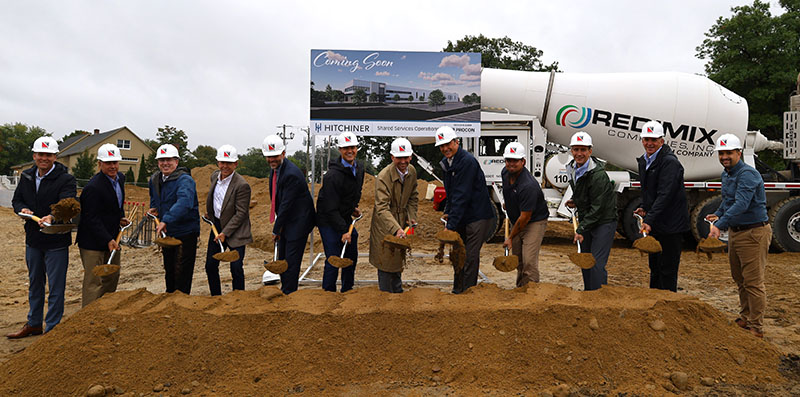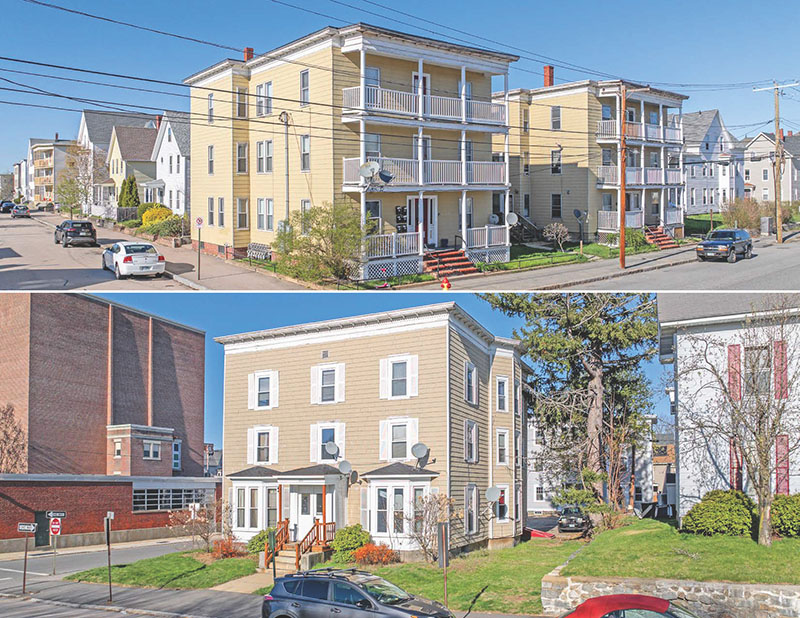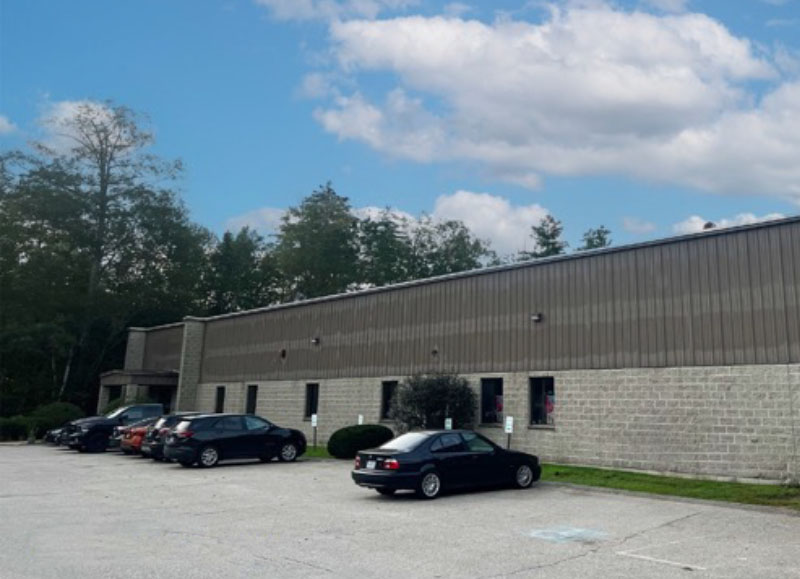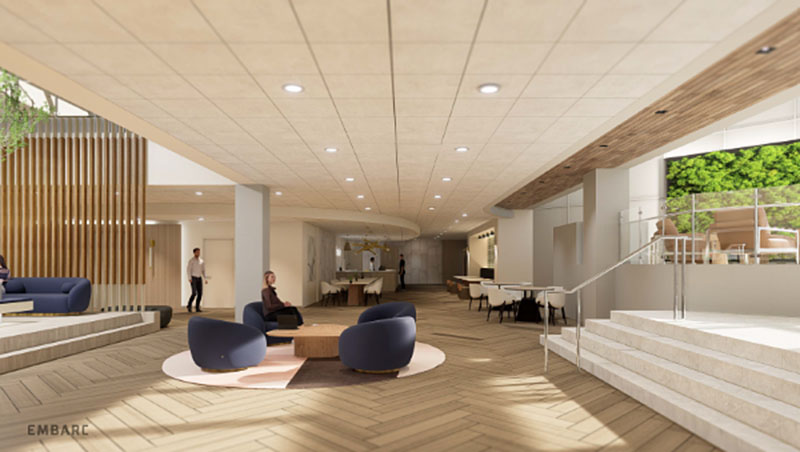Hulit of U.S. Bank and Norod of Westbrook Development Corp. appointed to MEREDA board of directors
Portland, ME Gwen Hulit and Tyler Norod have been elected to the board of directors of the Maine Real Estate & Development Association (MEREDA).
Hulit is a mortgage loan officer with U.S. Bank, with lending capabilities in all 50 states. She originates residential mortgages on properties ranging from 1-4 units as primary residences, second homes, and investment properties. Hulit is the co-chair of MEREDA’s DevelopME committee and is active with the Olympia Snowe Women’s Leadership Institute.
Norod joined Westbrook Development Corp. (WDC) in 2021 as development director. Prior to WDC, Norod worked as a development officer for Avesta Housing, where he led the development efforts on a variety of large projects across Southern Maine and New Hampshire. These projects included historic rehabilitation, Passive House Certified buildings, and a multi-phased mixed-use urban development.
Before working as a developer, Norodwas the Housing Planner for the city of Portland, where he implemented new housing policies and oversaw allocation of city resources to spur new affordable housing development. Norod also served as a senior project manager at the Boston Redevelopment Authority (BRA).
Norod has a BA in Political Science from St. Mary’s College of Maryland. He is on MEREDA’s Local Issues and Public Policy Committee.
“We are thrilled to announce the addition of our newest board members! Their diverse backgrounds and expertise will bring great value to the organization. We extend a warm welcome to Gwen Hulit and Tyler Norod and look forward to working with them to achieve our mission and goals. Their passion and dedication to MEREDA’s mission will undoubtedly help us to continue making a positive impact,” said Shelly Clark, executive director for MEREDA.
PROCON and Hitchiner break ground on 57,000 s/f shared services operations facility








